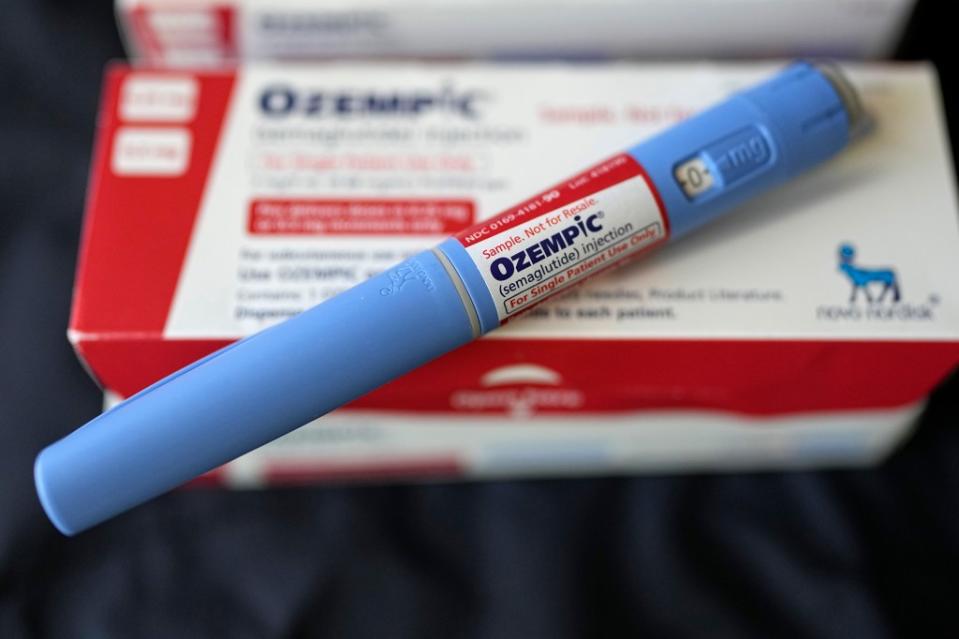Better than Ozempic? ‘Very strong’ new weight loss drug is ‘so effective’

Ozempic 2.0?
Researchers say they have found a novel use for GLP-1 — the hormone the body naturally produces after eating. Medications like Ozempic mimic GLP-1 to make people feel full, reducing their cravings.
This new therapy has GLP-1 acting like a “Trojan horse” that smuggles special molecules directly to the brain’s appetite-control center.
In a study testing a single drug delivering both the hormone and the molecules, mice who took it lost more weight than those taking existing medications.
“The effect of GLP-1 combined with these molecules is very strong. In some cases, the mice lose twice as much weight as mice treated with GLP-1 only,” explained senior study author Christoffer Clemmensen, an associate professor at the Novo Nordisk Foundation Center for Basic Metabolic Research at the University of Copenhagen in Denmark. Novo Nordisk makes Ozempic and Wegovy.

People tend to shed 15% to 20% of their weight on Ozempic or similar drugs, although about ? of users lose only about 10%, according to Columbia University’s Department of Surgery.

Clemmensen said the new therapy could pave the way for patients to achieve the same effect with a lower dosage. Plus, it could be an alternative for people who do not respond well to these drugs.
Common side effects include nausea, diarrhea, stomach pain, vomiting and constipation.
“Our studies in mice show side effects similar to those experienced by patients treated with the weight loss drugs available on the market today, including nausea,” Clemmensen said.
“But because the drug is so effective, we may be able to lower the dosage and thus mitigate some of the side effects in the future — though we still don’t know how humans respond to the drug,” he added.
The drug still has to undergo three phases of clinical trials on human participants. Clemmensen said it may take eight years for it to be available to the public.
Clemmensen’s findings were published last week in the journal Nature.
“I consider the drugs available on the market today as the first generation of weight-loss drugs,” Clemmensen said. “Now we have developed a new type of weight-loss drug that affects the plasticity of the brain and appears to be highly effective.”
